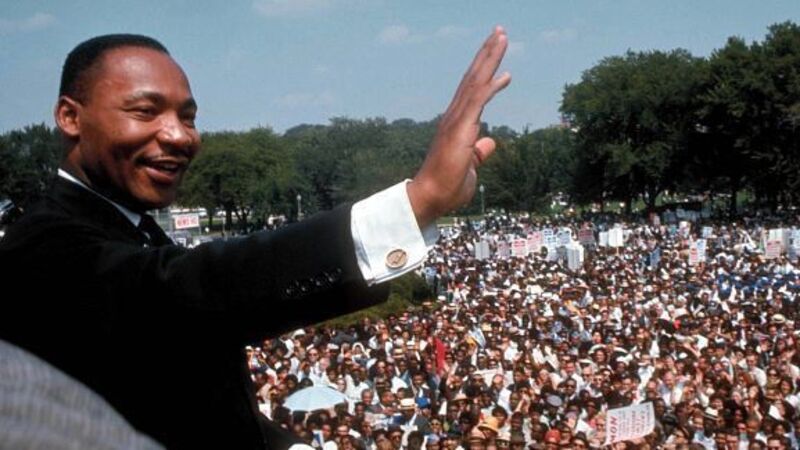King’s legacy endures in Age of Obama

WHEN President Barack Obama delivered a speech at the Lincoln Memorial last night, on the 50th anniversary of the March on Washington, he was inevitably compared to Martin Luther King Jr, whose oration that day framed the moral purpose of the civil rights movement.
But there are huge differences between the prophetic icon and the political prodigy that reveal the competing demands of the vocations they embraced. If we fail to understand the difference between them, we will never appreciate the arc of their social aspiration — or fairly measure their achievements.
















